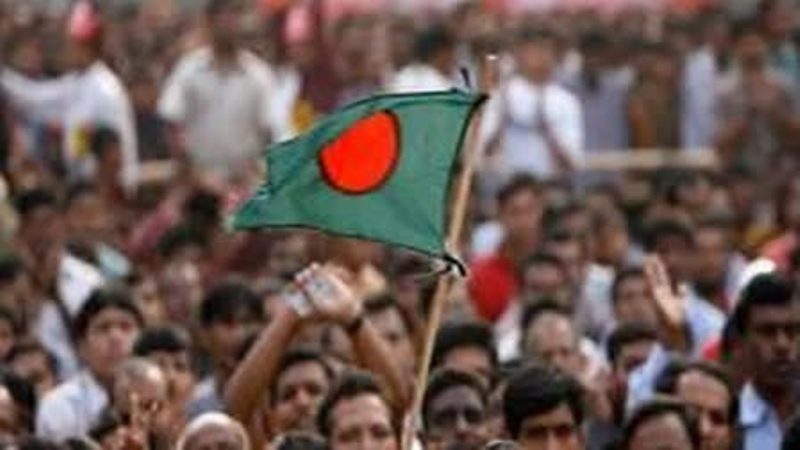The Rights & Risks Analysis Group (RRAG) has called on the UN Human Rights Council to pass a resolution to establish a UN High Commissioner for Human Rights country office in Bangladesh during its 58th session, which will be held in Geneva from February 24 to April 4, 2025.
On the occasion of the completion of six months rule by Dr. Mohammed Yunus on February 7, the Rights & Risks Analysis Group released its report titled “Bangladesh: The Case for Establishing OHCHR Field Office”, highlighting escalating human rights violations.
These include the weaponisation of the justice system against political opponents, a heightened crackdown on media, increased attacks on minorities and indigenous peoples, and the weaponization of the Anti-Discrimination Students Movement by Yunus for illegal activities.
RRAG stated that despite UN High Commissioner for Human Rights Volker Turk’s call for a strengthened presence of the Office of the High Commissioner for Human Rights (OHCHR) in Bangladesh to support its transition—including advice on legal, institutional, economic, and social reforms, transitional justice, reconciliation, and healing—following his visit on October 30, 2024, Dr. Yunus’s government has refused to allow the establishment of OHCHR country offices.
According to the Dhaka-based Manabadhikar Shongskriti Foundation, as cited by the RRAG, 5,04,208 people allegedly associated with the previous Hasina government (74,224 named and 429,996 unnamed) were accused in approximately 1,520 cases by January 31, 2025, highlighting the weaponization of the justice system against political opponents.
“Dr Yunus-led government has created a compliant judiciary where judges cannot deliver judgment without considering threats to personal safety and security,” Suhas Chakma, Director of the RRAG, said.
He stated, “All members of the National Human Rights Commission were forced to resign on 7 November 2024 with no new member of NHRC appointed. There are simply no mechanisms for justice in Bangladesh.”
Independence of judiciary has been undermined by the removal of 21 Supreme Court and High Court judges through protests of the Anti Discrimination Students Movement, including six Supreme Court judges on 10 August 2024, 12 High Court judges on 16 October 2024 and three High Court judges on 19 November 2024.
”Over 2,000 incidents of attacks on religious minorities, in particular, the Hindus between 4 and 20 August 2024 were reported but Dr Yunus dismissed them as politically motivated in September 2024. Thereafter, the Bangladesh Police effectively manufactured the justification for the averments made by Dr Yunus on 10 January 2025 by claiming that of the 1,254 complaints of attacks on the Hindus substantiated, 1,234 incidents (98.4%) were politically motivated, and 20 cases (1.59%) were communal in nature,” Chakma said.
He said, “The single most important threat to Bangladesh is the weaponisation of the Anti Discrimination Students Movement (ADSM) by Dr. Yunus to establish mob rule with the students carrying out the tasks illegally which cannot be done by the Interim Government legally. Whether it is seeking the resignation of the judges or intimidating political opponents, burning down of the headquarters of the Jatiya Party in the capital Dhaka or demolition of Bangabandhu Sheikh Mujibur Rahman’s residence at Dhanmondi 32, Hasnat Abdullah, Convenor of the ADSM was ubiquitous.”
“Nobel Laureate Dr Yunus is no longer only an enabler of the mob rule but increasingly turning himself into a mobster. Therefore, a 131% increase in mob lynching deaths during 2024 in comparison to 2023 with 128 deaths in 2024 and 51 deaths in 2023 is not surprising,” Chakam said.
ALSO READ: Bangladesh in turmoil as Bangabandhu Sheikh Mujibur Rahman’s home demolished
The RRAG warned that Bangladesh risks imploding, with justice suffering the most, if the OHCHR country office is not established with a proper decision of the UN Human Rights Council during its 58th Session.















